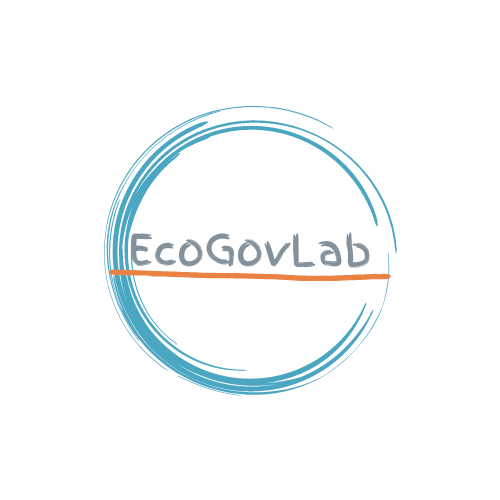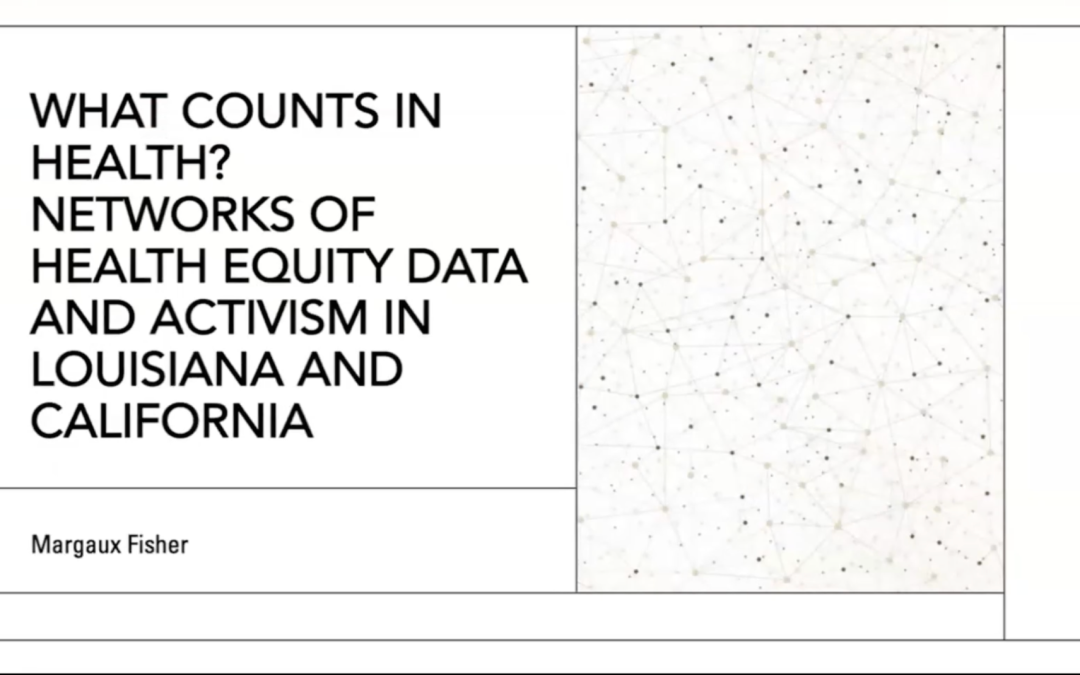Supporting slides for Margaux Fisher’s public dissertation proposal defense (May 2023)
What does it mean to produce meaningful health equity data? The popularity of engaged research methods in the US reflects a growing recognition amongst public health officials and health professionals of the importance of opening up knowledge production and decision-making to communities in meaningful ways. Advocates trying to mobilize resources to improve children’s mental health are drawn to the promises of data work–the “technological, analytical, and emotional work” of making data meaningful (Fiske et al. 2019, 2). Engaged research collaborations between health professionals and community-based organizations are nevertheless frequently constrained by box-checking impulses driven by neoliberal management techniques that are widely referred to as “audit culture” (Storeng and Béhague 2014). This proposed project examines the data practices, managerial techniques, ideological frameworks, social and political histories, emotional entanglements, and imagined futures of a network of differently positioned researchers and community-based advocates working to understand and address the structural, political and environmental etiologies of children’s mental health inequities in Louisiana and California. Through 12 months of ethnographic research involving participant observation, interviews, and archival research, this project will examine how engaged research collaborations pluralize definitions of expertise and evidence in public health–changing what counts in health while paradoxically remaining constrained by principles of financial accounting that reinforce the logics of colonialism and racial capitalism. This project contributes to the anthropology of the United States, health systems research, and interdisciplinary studies of expertise and knowledge production by considering how the democratic dimensions of data work is reshaping fields of public health decision-making.

